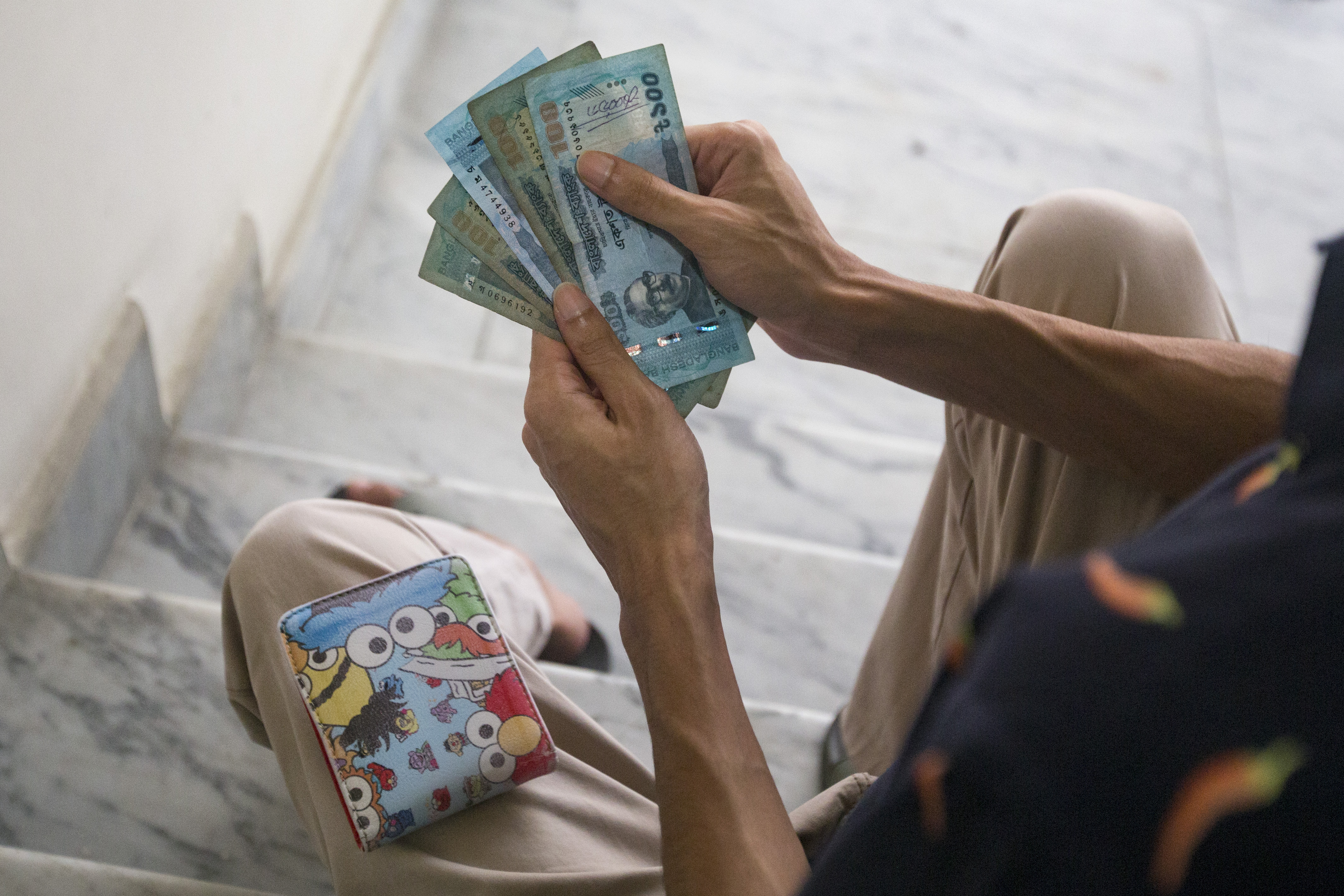Learning to navigate personal finances early in life

We've all been there: stashing away birthday presents into a little savings jar, only to have our parents borrow the amount in the face of 'adversity', making us feel like we'd been outwitted in the greatest money heist of all time! Looking back, these experiences of betrayal were perhaps the first indication that financial literacy is an important skill to obtain.
However, it wasn't until I began watching Sesame Street on television that I first began to grasp the idea of how real-world money works. Muppet and Elmo would carefully drop coins into their piggy bank while Cookie Monster hilariously wondered why cookies couldn't be used as currency.
The question remains, though: why is it important for children to understand money?
A study conducted by Cambridge University researchers suggests that money habits begin to sprout as early as the age of seven, developing a basic awareness of the role finances play in day-to-day life. Early experiences of having to choose between spending and saving are more than just exercises in patience; they are vital lessons in saving, budgeting, and distinguishing between needs and wants. By learning such concepts, young thinkers are better equipped to adapt to responsibilities as they begin to grasp the fundamentals of financial literacy.
In general terms, financial literacy refers to the ability to make wise money decisions. The idea of being financially literate, however, goes beyond simplistic concepts of earning and spending. It's also about building a relationship with money that promotes long-term stability, learning to assess liabilities, and recognising the real value of a product.
Thus, we must ask ourselves: What are some steps that one can take to develop financial literacy?
Starting with a budget
Learning to budget is the roadmap to productive money management. Carefully crafted budgets can prevent one from overspending while also strengthening secure financial planning. But what exactly is their source of income?
In many households, it is common for children to receive pocket money from parents as a form of monthly allowance.
Young people may also be rewarded with financial compensation for helping parents with household chores or tutoring a younger sibling. Such practices introduce children to the concept of 'working to earn a paycheck', teaching them the value of every penny from a tender age.
Student banking and saving accounts
For young people, opening their first bank account can be both exciting and empowering. Several banks in Bangladesh offer diverse opportunities for students eager to manage their own finances and start saving through various schemes.
A student bank account comes with many perks, one of which includes the ability to carry out transactions remotely. Students can also enjoy features like applying for education loans, no maintenance fees, earning reward points, and using multi-currency debit cards, making these accounts highly beneficial.
Use of digital finance tools
Digital banking simplifies financial management by granting users online access to their accounts and services, enabling smooth transactions from virtually any location.
For students, making purchases or payments with the aid of Internet banking can be easily obtained by creating a student account online.
Initiating open-ended discussions
It is essential for young people to engage in meaningful conversations regarding personal finance with adults. Parents should serve as role models to guide children with the necessary skills, sufficient knowledge, and valuable insights. Being able to encourage open dialogue and share personal experiences without hesitation empowers the younger generation to make smart money decisions.
Understanding the worth of money from an early age has never been more crucial. As the global economy grows increasingly complex, young people face a financial landscape vastly different from that of previous generations. Today, financial literacy is more than just a tool; it is a necessity for the youth if they want to navigate their future with confidence and competence. The sooner you start, the better off you'll be at overseeing the financial challenges and opportunities that lie ahead.
Punomi Rahman Titir is a student at Academia School Dhaka. Contact her at punomirahman@gmail.com



 For all latest news, follow The Daily Star's Google News channel.
For all latest news, follow The Daily Star's Google News channel. 
Comments